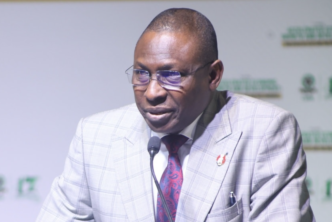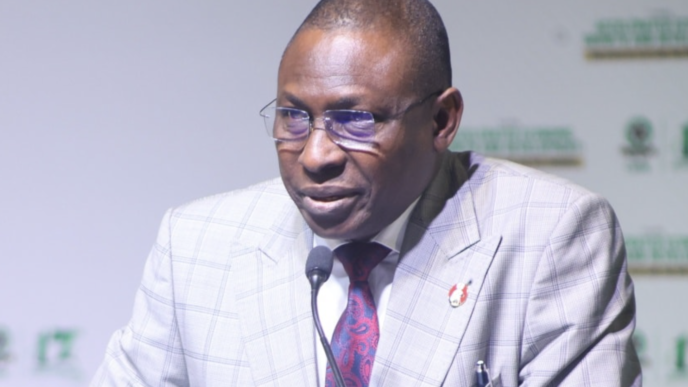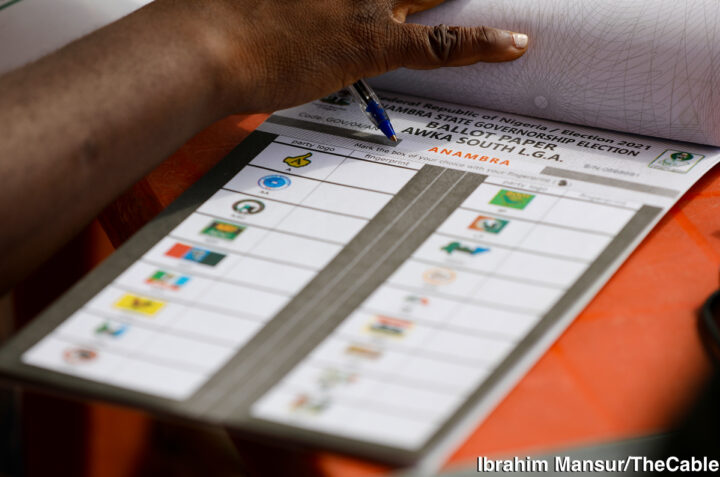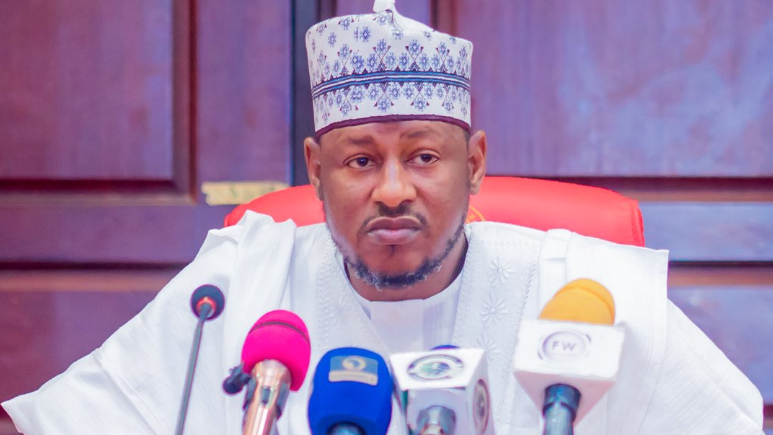BY JOSHUA OPANIKE
In what seemed to be an improving trend, the CBN announced -last week- that the amount spent on medical tourism in 2024 by Nigerians was just $2.39m. It was $9.06m in 2022 and $3.82m in 2023. This observation should be cautiously interpreted especially as political associates and the governments will be quick to claim credit for the emerging narrative which is really a welcome development. Some pressure is taken off the foreign exchange and it implies improvement in the quality of the country’s healthcare services.
This is the intention of many previous commentaries seeking an end to medical tourism. Yet, in light of existing realities, this development must not be considered entirely as an index of the government’s performance in the health sector.
Several factors plausibly explain the reduction in the amount spent on medical tourism in the last year. Firstly, the economic difficulties associated with the devaluation of naira may be restrictive for several people. Many people seek care abroad for services rendered here in Nigeria not because they are crucial; they are simply efforts in pursuits of egotism and vanity viz non-essential health services like cosmetic procedures and elective delivery in developed countries in order to pursue citizenship by birthright.
Advertisement
Furthermore, some people with some consideration for frugality begin to question the merits of seeking services that are present in the country. Not that they cannot afford it but it has become a little inconvenient to deal with them.
Moreover, the social media space is filled with several fundraising campaigns for hundreds of individuals with medical conditions whose care is still outside the shores of this country, the cost of which runs into millions. The economic hardship has made people less willing to give away money freely and some targets are never met. Conversely, several other people are not fortunate enough to have their stories pushed by media influencers. And when they have sold all they had and taken whatever loan the bank gives them, they still don’t have enough money to seek care abroad. There are therefore individuals who may not have gotten the care abroad because they genuinely cannot afford it because of the astronomical rise of the conversion rate.
It is for this category of individuals that medical tourism must be addressed.
Advertisement
Medical tourism is a global phenomenon worth billions of dollars. Even developed countries with established structures for health contribute to it significantly. The reasons for this are related to the cost of seeking care, which is relatively cheaper outside many developed countries. It also provides an opportunity to boycott restrictions placed by government policies and laws limiting access to such care within those countries.
For countries like Nigeria, it is a source of both economic and healthcare problems. Unfortunately, no country’s health indices will appreciate if it needs to rely heavily on external sources for the provision of services. The problems from undue reliance on foreign entities for healthcare services were apparent after the exit of foreign pharmaceutical companies which led to scarcity and surge in the prices of essential antibiotics in Nigeria.
Nonetheless, there is a possibility that the increasing rate of private healthcare providers that provide specialist care erstwhile absent in the country has affected the dropping medical tourism figures. Although this is significant, at the moment, it cannot fully explain the dip. The reason for this is that many of these services, though present in the country, are expensive. And many people can’t still afford them because they pay out of pocket. It is understandable that the private sector must step in to bridge the gap of the failing public sector.
However, it is not enough to establish well-resourced specialist centres because a significant barrier to quality healthcare in Nigeria is funding. A robust and efficient health finance system must be deployed if these new developments will be accessed. This includes addressing the federal ministry of health’s budgetary performance Last time, only 15 percent of budgetary allocation for capital projects was released. What’s worse, just $6 was budgeted for each Nigerian in healthcare. This kind of government spending is inadequate to provide quality care.
Advertisement
Already, government officials are latching onto this development claiming the several roles of the government in effecting the falling trend. Yet, in whichever way we look at it, the government’s ineffective handling of healthcare remains apparent to all. Regardless, in spite of the weakness of the government, there is a need to urgently establish an efficient insurance scheme fund. Because at the end of the day, it is not enough that there is manpower and equipment for a specialist medical procedure in an exquisite urban neighbourhood. Financial resources to fund the procedure must be available. It is after this that the barriers to accessing quality healthcare can be effectively eliminated in Nigeria.
Joshua Opanike is a medical doctor in Nigeria. He can be contacted via [email protected]
Views expressed by contributors are strictly personal and not of TheCable.
Add a comment









